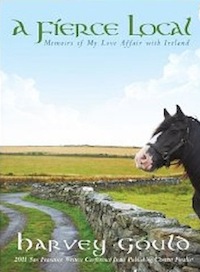
Gould’s accounts of Ireland ring very true. I haven’t spent as much time there as he has, but my family never lost touch either, and I’ve been over there with my wife more times than I can count. His accounts of the Irish wit and humor, and roundabout way of getting to a point, and Oirish Time (Irish time), and near universal welcomes all jive with my experiences. It seems there’s only one person he met there whom he didn’t like – I’m fortunate enough not to have met mine. I love the descriptions of driving, of the rotten signage and confusing directions, and enjoyment of the back roads and odd little towns away from the main tourist attractions.
There are several major themes that recur in the book, and they join one another in a near calamitous fashion. The first is that Gould has been afflicted with a terrible blood disorder, myelofibrosis. He was diagnosed with it in 2000. In the disease, to use Gould’s words, “the bone marrow becomes filled with scar tissue, leading to a host of chronic and eventually lethal complications.” One of the complications is that the body no longer makes enough red blood cells, and the lower the blood counts get, the less oxygen is available to organs and muscles and the more fatigue results. Another is that the spleen, in an effort to make up the deficit in red blood, becomes a sink for blood cells, and grows larger and larger to the point that it has to be removed. Gould has far exceeded the expected survival of a myelofibrosis patient, although it did force him to give up his law practice and retire earlier than planned. At one point in the book, while in Ireland, he has an acute crisis where the hemoglobin in his blood falls to a dangerously low point, and he has to have massive transfusions, 12 units of blood, which is more blood than an adult really has, in order to bring it back up again. Afterwards, he petitioned the Taoiseach (“Chieftain”, or prime minister of the Republic of Ireland) to be certified as a full-blooded Irishman, which they seem to have taken much too seriously. Rare for an Irishman not to get the joke.
Harvey Gould is still with us – I received a tweet from him a day or two ago. The median survival time for myelofibrosis is five years. I’m writing this review twelve years after Harvey’s diagnosis.
The other major theme of the book is horseback riding, particularly fox hunt riding. Horses are greatly revered in Ireland, and Gould is an accomplished rider, including jumping and dressage. There are accounts of several hunts, and the author explains it in such a way that a non-rider such as myself can get a feel for what it’s like to ride a horse such as the first one he rode on a hunt in Ireland: “Seamus was bigger than our house in San Francisco.” I especially enjoyed the description of the stiff leather strap across the front of the saddles. Gould asked, “What’s that”. “It’s a Jayzuz strap. When yer takin’ a jump and you jest know yer about to come off you pray to Jayzuz, Mary, and Joseph to keep you safe as yer grabbin’ the Jayzuz strap.” He didn’t have such a strap, but was doubtful that, as a Jew, he would have been eligible to use it. I know one thing for sure and that is I will never ride a horse, in Ireland or anywhere else, and certainly not in a hunt. This book confirms that!
The complicating factor is that the blood disease and the exertion of a day-long hunt are not really compatible. Harvey does it anyway, and he does a good job of capturing what it must feel like. He was suffering from an enlarged spleen, in a very delicate state, but went on a hunt anyway, assuring his wife that he would fall on his right side, away from the spleen.
The thing I liked best about the book is the way the author captures the language the Irish people use. The Irish love language, and they love to talk, and they love to take conversations in unexpected directions, and he captures all of that. Not so much the Irish language, although he does capture a little of that, but the musical and lilting way the Irish speak English is one of the most charming things about that country.
Anyone interested in Irish society and culture, travel in Ireland, or in horseback riding would enjoy this book. And the human interest of how Harvey Gould continues on after receiving his apparent death sentence is uplifting to everyone.
- Search for Great Tours HERE
- Get a Car Rental
- Get an eSim to be able to use your smartphone abroad.
- Get a universal plug adapter
- Buy Travel Insurance
- Book Your Accommodation HERE

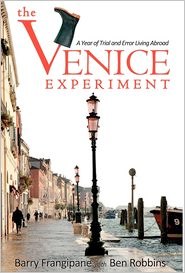 Book Review – The Venice Experiment by Barry Frangipane with Ben Robbins
Book Review – The Venice Experiment by Barry Frangipane with Ben Robbins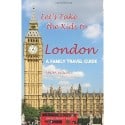 Book Review: “Let’s Take the Kids to London” by David S. White
Book Review: “Let’s Take the Kids to London” by David S. White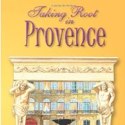 Book Review – “Taking Root in Provence” by Anne-Marie Simons
Book Review – “Taking Root in Provence” by Anne-Marie Simons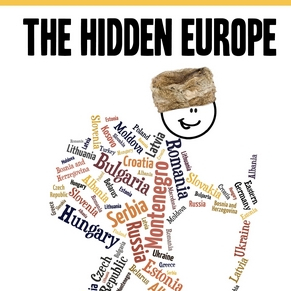 Book Review: The Hidden Europe by Francis Tapon
Book Review: The Hidden Europe by Francis Tapon
